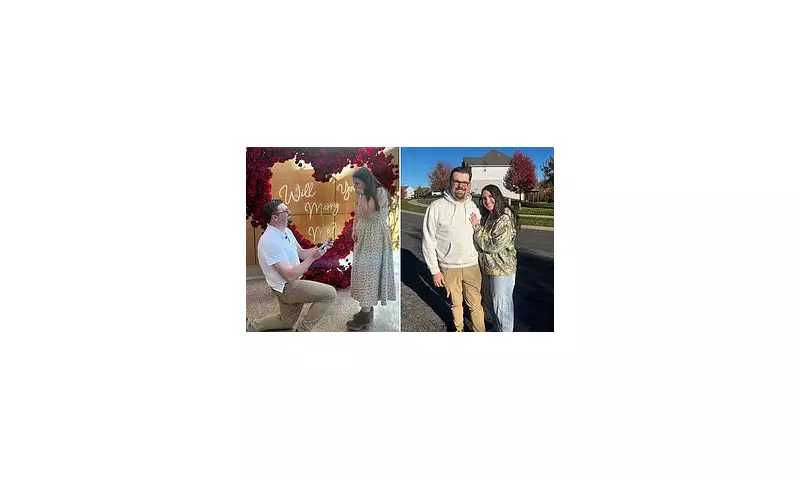
Two teenagers who forged an unlikely bond in a hospital intensive care unit while battling separate traumatic brain injuries have announced their engagement, culminating a years-long journey of recovery and hope.
A Fateful Meeting in the ICU
Zach Zarembinski and Isabelle Richard were separately admitted to the ICU at Regions Hospital in Saint Paul, Minnesota in 2018 when they were just teenagers. Zach was 18 when he suffered a severe brain injury during a high school football game. Just nine days later, 16-year-old Isabelle was hospitalised following a horrific car crash on her way to work.
Both teenagers fell into week-long comas, waking just days apart. In a remarkable coincidence, a news interview about Zach's miraculous awakening and recovery journey played on the television in Isabelle's hospital room while she remained unconscious. The segment caught the attention of her mother, Esther.
The Long Road to Recovery and Reconnection
Esther reached out to Zach for guidance about her daughter's devastating situation. Zach shared words of hope and wisdom, assuring the family that Isabelle would survive. "He was telling us she'll be okay," Esther recalled. She told Zach she wanted them to meet once Isabelle woke up.
A few days later, Isabelle awakened and began her slow recovery. The two brain injury survivors met briefly and snapped a smiling photo together during their first interaction. Then came six years of radio silence between them, though their mothers maintained occasional contact through social media.
From Recovery to Romance
After six years, the two families reunited for dinner, and the connection between Zach and Isabelle proved immediate and powerful. Zach obtained Isabelle's number, they went on their first proper date, and their relationship quickly blossomed.
The couple even launched a podcast together called The Hope in Healing Podcast, sharing their experiences to inspire others. Recently, they returned to where their story began - Regions Hospital in Saint Paul - where Zach proposed to Isabelle as their families and former nurses watched with "tears of joy."
Their recovery journeys shared striking parallels - both had required parts of their skulls removed to relieve brain swelling, though on opposite sides. "It's kind of like we complement each other in that way," Isabelle noted. "Things that I'm bad at, he's good at."
Esther summed up the emotional journey: "We're just blessed to have a front row to their miracle."






